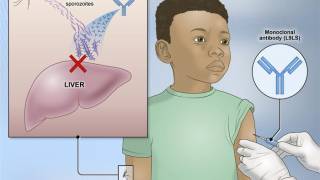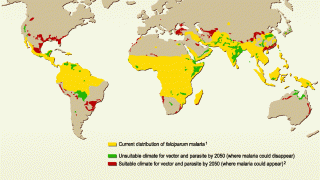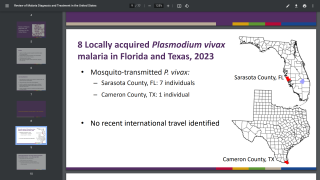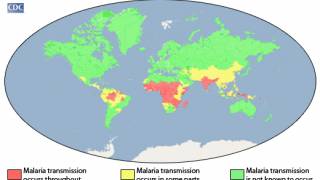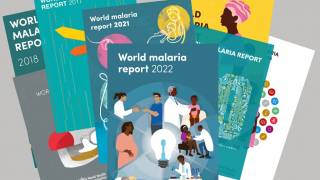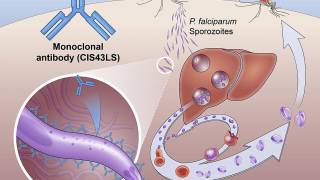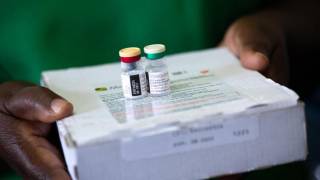3 Ways to Eliminate Malaria In 30 Years

In a major report published by The Lancet, numerous health specialists said ‘a future free of malaria can be achieved as early as 2050.’
This is important news since malaria is one of the world’s oldest and deadliest diseases.
Malaria was reported to infect about 219 million people in 2017, with around 435,000 related fatalities in the poorest parts of Africa.
‘To meet this 2050 target, however, governments, scientists and public health leaders need to inject more money and innovation into fighting the disease and the mosquitoes that carry it,’ The Lancet report said on September 8, 2019.
“For too long, malaria eradication has been a distant dream, but now we have evidence that malaria can and should be eradicated by 2050,” said Richard Feachem, director of the Global Health Group at the University of California, San Francisco, who co-chaired a review of malaria eradication commissioned by The Lancet medical journal.
The Lancet Commission’s view comes a few weeks after the World Health Organization (WHO) published its own report on whether malaria can be wiped out.
This WHO report concluded that ‘malaria eradication cannot be achieved soon and that setting unrealistic goals with unknown costs and endpoints could lead to ‘frustration and backlashes.’
In contrast to the Lancet Commission, the previous WHO report said the priority now should be to lay the groundwork for future eradication “while guarding against the risk of failure that would lead to the waste of huge sums of money (and) frustrate all those involved.”
The Lancet report, however, said that rather than slogging on with steadily reducing malaria cases — all the time under the threat of resurgence — global health authorities could “instead choose to commit to a time-bound eradication goal that will bring purpose, urgency and dedication” to the fight.
To stamp out malaria by 2050, The Lancet report’s authors proposed 3 ways to speed up malaria’s decline.
- Existing malaria-fighting tools such as bed-nets, medicines, and insecticides should be used more smartly
- New tools such as vaccines should be developed
- Governments in both malaria-affected and malaria-free countries need to boost investment by about $2 billion a year to accelerate progress
In the USA, millions of residents travel to countries where malaria is present. About 1,700 cases of malaria are diagnosed in the United States annually, mostly in returned travelers, says the Centers for Disease Control and Prevention (CDC).
Malaria is always a serious disease and may be a deadly illness. Travelers who become ill with a fever or flu-like illness either while traveling in a malaria-risk area or after returning home for up to 1 year should seek immediate medical attention and should tell the physician their travel history.
- Mosquirix Malaria Vaccine Effectiveness Measured By Antibody Quantity and Quality
- Can Malaria Vaccine Mosquirix Save More Children?
Travelers to sub-Saharan Africa have the greatest risk of getting both malaria and dying from their infection.
Travelers who are assessed at being at high risk of developing malaria while traveling should consider carrying a full treatment course of malaria medicines with them.
Providing this reliable supply of medicine (formerly referred to as standby or emergency self-treatment) will ensure that travelers have immediate access to an appropriate and high-quality medicine if they are diagnosed with malaria while abroad.
Depending on the medicine they are using for prevention, this could either be atovaquone/proguanil or artemether/lumefantrine, said the CDC in August 2019.
Although progress has been made in the last 10 years toward developing a malaria prevention vaccine, there is currently no licensed malaria vaccine on the market in the USA.
More than a dozen vaccine candidates are now in clinical development, and one, GlaxoSmithKline Biologicals’ RTS,S, has completed Phase III clinical testing, says the CDC.
Another vaccine candidate is Mosquirix, which has been approved for large-scale pilot studies.
Martin Edlund, head of the campaign group ‘Malaria No More’, said in a related news article, “If we double-down on ending malaria now, the world will reap massive social, humanitarian and economic benefits and save millions of people from needlessly dying from mosquito bites.”
Published by Vax Before Travel
Our Trust Standards: Medical Advisory Committee

